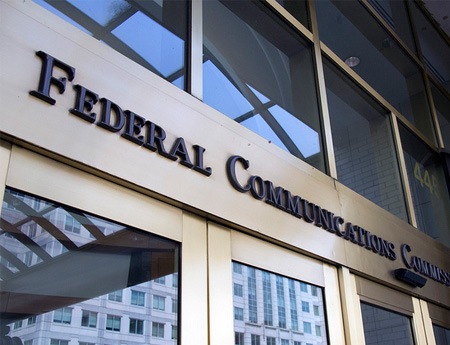Divided FCC Votes for Lifeline Reform

The smarter way to stay on top of broadcasting and cable industry. Sign up below
You are now subscribed
Your newsletter sign-up was successful
A bitterly divided FCC has voted 3-2 along party lines to reform the Lifeline subsidy by applying it to stand-alone broadband and other changes. In the process, a compromise with Republicans brokered by a Democrat at the last minute fell apart—more like blew up—at the last second, and the perceived comity turned into divisive language and angry accusations.
The proposal that was voted on was essentially the same one proposed initially by the chairman.
The key to the compromise, said a source familiar with the compromise, had been a new budget—essentially a cap absent further commission action—on spending.
FCC chairman Tom Wheeler had proposed a soft cap of $2.25 billion on the low-income Lifeline advanced telecommunications subsidy, which the FCC is migrating to broadband. That would have been an extra $750 million in spending, and even that could be exceeded if necessary.
The compromise was $2 billion, and no going over it unless the FCC commissioners vote to raise it. Lifeline is currently the only subsidy without such a cap.
The need for a hard budget for the fund was a key sticking point with the Republican members of the commission, with both Ajit Pai and Michael O'Rielly saying such a budget was necessary. The compromise would have meant a 5-0 vote and reflected many of the proposals made by Pai in a compromise offering earlier this week.
But commissioner Mignon Clyburn, who had brokered the deal, ultimately concluded she could not support it.
The smarter way to stay on top of broadcasting and cable industry. Sign up below
"I negotiated in good faith to have a budget mechanism in place that ensures millions of new households will have the opportunity to afford advanced telecommunications services," Clyburn said Thursday. "Upon further deliberation, I concluded that such a mechanism could not fully achieve my vision of a 21st century Lifeline program, but I applaud the deliberative process and want to thank Commissioners Pai and O’Rielly and their staff for engaging well into the night and morning."
Pai was not pleased, but pointed the finger at Wheeler. "Chairman Wheeler and his staff have been actively working to unwind that bipartisan compromise," he said. "Those efforts started with leaking nonpublic information to the press. The Chairman’s Office then encouraged lawmakers and stakeholders, from left-wing special interests to former FCC Commissioners, to blast the deal before the votes could be cast—indeed, before they even knew what the deal was."
And Pai was not done: "And so it gives me no pleasure to state the obvious: This agency in this proceeding represented the worst of government. Bipartisan agreements that would deliver digital opportunity to millions of Americans are thrown away and even Democratic commissioners are bulldozed simply because the Chairman can get away with it."
Commissioner Michael O'Rielly said it was like some cruel, premature April Fools joke, particularly given that he still had issues with the compromise but found he could have supported it.
Wheeler called the proposal an important action, and a simple one, providing low-income Americans access to the advanced telecommunications of the day. Wheeler said that given the item's national verifier for an individual subsidy recipient's eligibility, which takes the eligible carriers out of that process, the FCC is taking "the fox out of the henhouse."
Wheeler said that there is a budget "mechanism" for the program.
Wheeler praised the efforts to find consensus—without addressing the accusations he had worked against the compromise—but said sometimes that process does not yield consensus. He said there was no greater champion of Lifeline than Clyburn.
Clyburn said the chairman had not pressured her into a decision. Asked by reporters if he had bullied Clyburn, Wheeler said: "Balderdash."
To the suggestion Wheeler's staff was trying to gin up opposition to the compromise, Wheeler said: "Balderdash."
Contributing editor John Eggerton has been an editor and/or writer on media regulation, legislation and policy for over four decades, including covering the FCC, FTC, Congress, the major media trade associations, and the federal courts. In addition to Multichannel News and Broadcasting + Cable, his work has appeared in Radio World, TV Technology, TV Fax, This Week in Consumer Electronics, Variety and the Encyclopedia Britannica.

